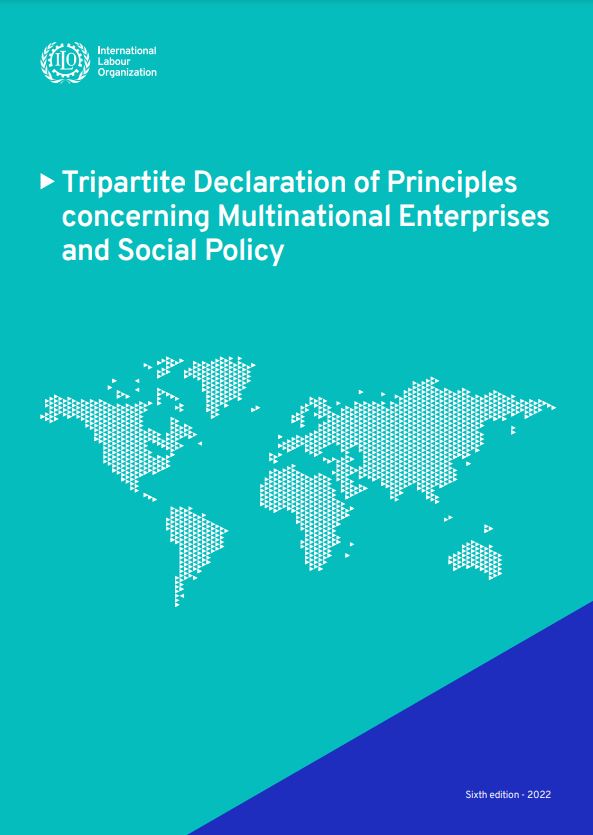Publications
2016
-

SCORE Colombia Case Study: SCORE Training in regions of armed conflict
22 October 2016
Empowering organizations of the social and solidarity economy (SSE) in Colombia
-
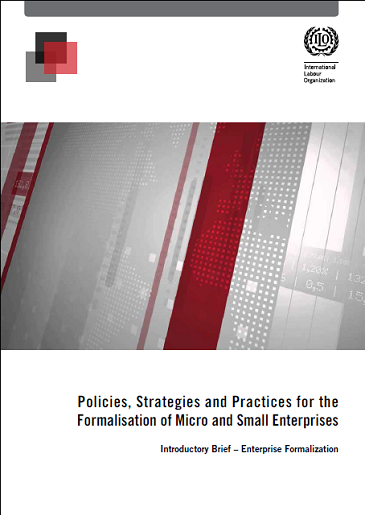
Thematic Policy Brief – Enterprise Formalization Introductory Brief
20 October 2016
Policies, Strategies and Practices for the Formalisation of Micro and Small Enterprises
-
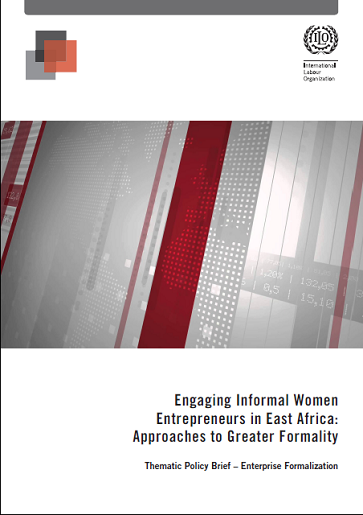
Thematic Policy Brief – Enterprise Formalization Women
20 October 2016
Engaging Informal Women Entrepreneurs in East Africa: Approaches to Greater Formality
-
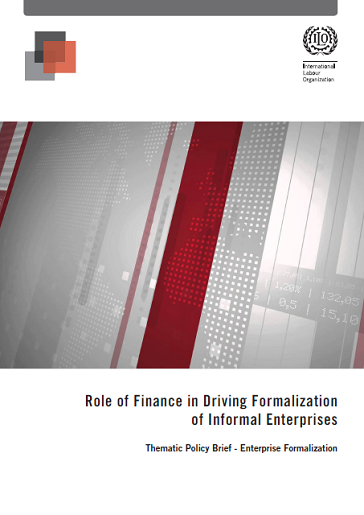
Thematic Policy Brief – Enterprise Formalization Finance
20 October 2016
Role of Finance in Driving Formalization of Informal Enterprises
-
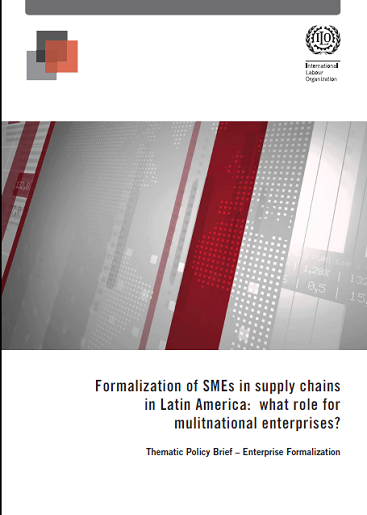
Thematic Policy Brief – Enterprise Formalization MNEs
20 October 2016
Formalization of SMEs in supply chains in Latin America: what role for mulitnational enterprises?
-
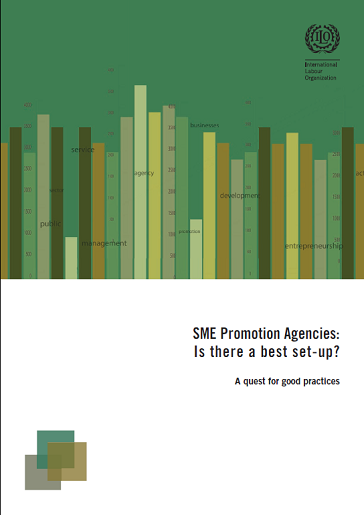
SME Promotion Agencies: Is there a best set-up? A quest for good practices
17 October 2016
This study aims to identify good practices and lessons learnt with respect to the configuration and operation of SME promotion agencies. It has been developed in response to several requests from governments which approached the ILO for advice and information. Most current studies on the role of SME support institutions tend to focus on the regulatory and institutional frameworks, rather than on specific operational issues that define criteria for success. This study addresses both of these aspects of government-led SME promotion agencies.
-
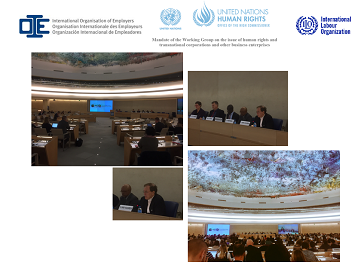
SMEs and Human Rights: What is the current state of play, what are the opportunities and challenges, what kind of support is needed?
16 October 2016
-
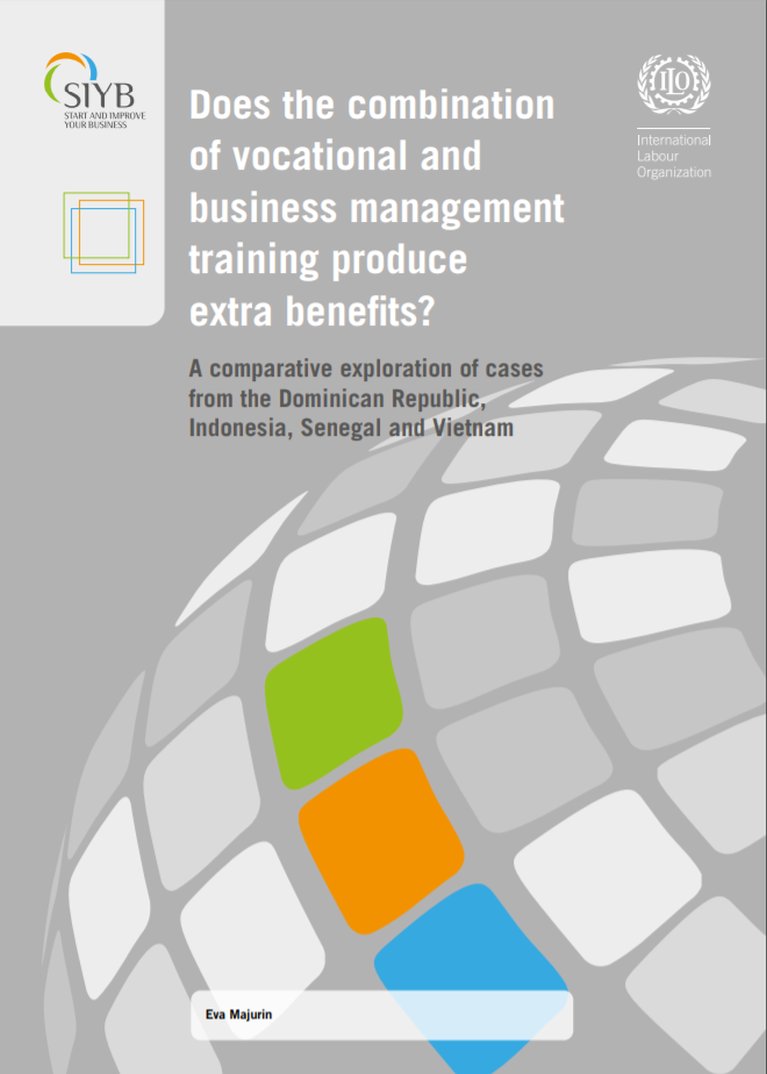
Does the combination of vocational and business management training produce extra benefits?
13 October 2016
-
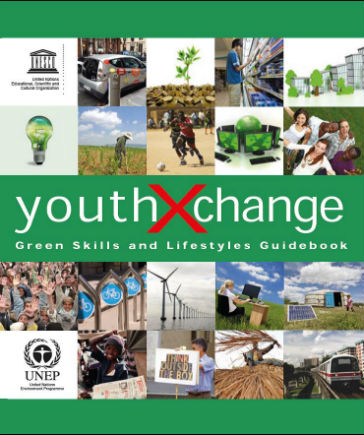
YouthXchange Green Skills and Lifestyles Guidebook
12 October 2016
This Guidebook helps young people connect the talk about the green economy, green societies and green jobs to their lifestyles. It focuses on the skills required to make these transitions – providing case studies and insight on green jobs and the skills they will require in terms of social innovation and entrepreneurship, the role of different stakeholders (government and private sector) and life skills.
-
The enabling environment for sustainable Enterprises in South Africa - 2016 - Summary & Recommendations
30 September 2016
This document provides an overview of the key findings from an Assessment of the Enabling Environment for Sustainable Enterprises in South Africa, which was conducted by BUSA and the ILO in 2015. It summarises economic, social, political and environmental characteristics and constraints in the business environment for MSMEs and includes primary and secondary information on formal and informal enterprises. The overview further outlines priority areas and recommendations for government to address the identified challenges faced by formal and informal enterprises.
-
SIYB Update - August 2016
19 September 2016
The August 2016 SIYB Update includes 6 pages of highlights on news on 2015-2016 SIYB activities in 31 countries in all regions (14 in Africa, 7 in Latin America and 10 in Asia); details on the SIYB and Technical and Vocational Education and Training (TVET) paper; details on the Youth Employment Report and an abstract of what will be included in the Global Tracer Study for 2016.
-
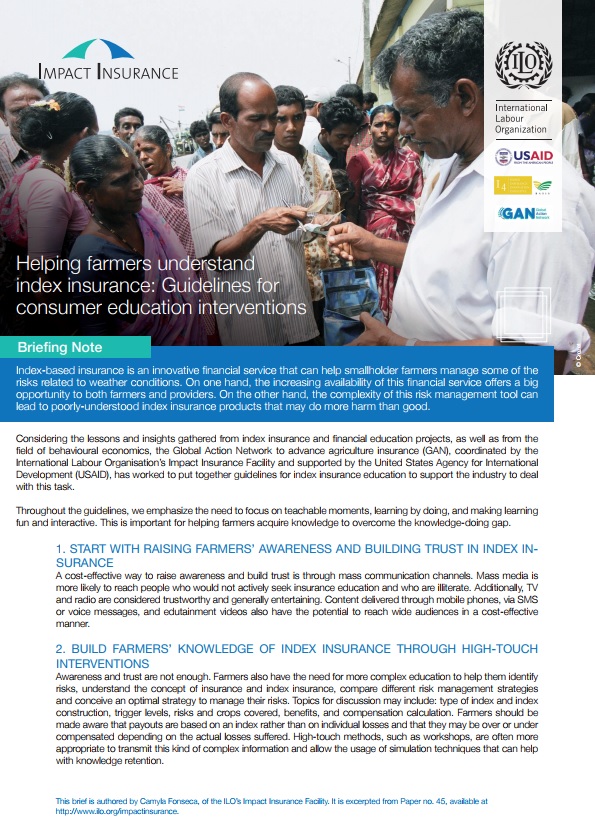
Briefing Note #39: Helping farmers understand index insurance
05 September 2016
Index-based insurance is an innovative financial service that can help smallholder farmers manage some of the risks related to weather conditions. On one hand, the increasing availability of this financial service offers a big opportunity to both farmers and providers. On the other hand, the complexity of this risk management tool can lead to poorly-understood index insurance products that may do more harm than good. This Briefing Note has been produced as part of the Global Action Network to advance agriculture insurance, a partnership between the Facility, USAID and the BASIS Assets and Market Access Innovation Lab/I4 Index Insurance Innovation Initiative at the University of California Davis.
-
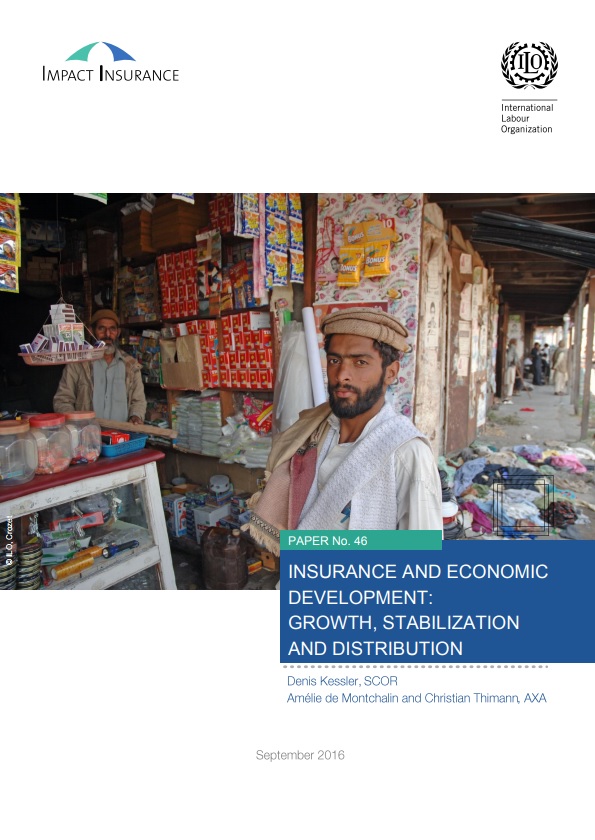
Impact Insurance Working Paper #46: Insurance and economic development
05 September 2016
Insurance is a largely invisible yet ubiquitous part of our economies. Our health, movements, purchases, homes, and even lives are usually covered by insurance. Without insurance, the unpredictability of the future would be too great and it would be difficult to take risks and innovate. In other words, insurance typically allows people to break the psychological and financial barriers which normally prevent them from engaging in potentially riskier activities thus forgoing greater reward and innovation. Insurance has contributed to macroeconomic development through economic growth, stabilization, distribution, and innovation.
-
The enabling environment for sustainable Enterprises in Kyrgyzstan- 2017 Russian Version
29 August 2016
Comprehensive evaluation of the business environment of Kyrgyzstan. It provides a full review of the 17 factors identified by the International Labour Conference as the key conditions for an enabling business environment.
-
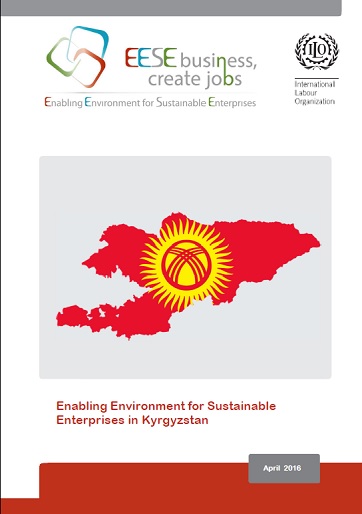
The enabling environment for sustainable Enterprises in Kyrgyzstan- 2017
29 August 2016
Comprehensive evaluation of the business environment of Kyrgyzstan. It provides a full review of the 17 factors identified by the International Labour Conference as the key conditions for an enabling business environment.
-
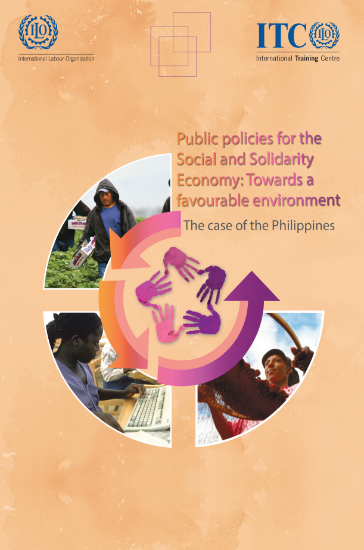
Public policies for the Social and Solidarity Economy: Towards a favourable environment The case of the Philippines
26 August 2016
-
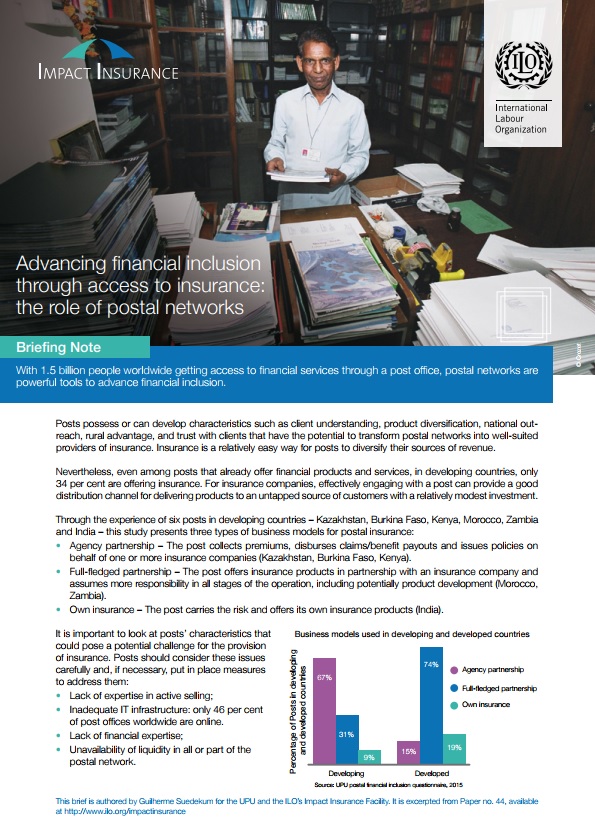
Briefing Note #38: Advancing financial inclusion through access to insurance
01 August 2016
With 1.5 billion people worldwide getting access to financial services through a post office, postal networks are powerful tools to advance financial inclusion. Posts possess or can develop characteristics such as client understanding, product diversification, national outreach, rural advantage, and trust with clients that have the potential to transform postal networks into well-suited providers of insurance. Insurance is a relatively easy way for posts to diversify their sources of revenue.
-
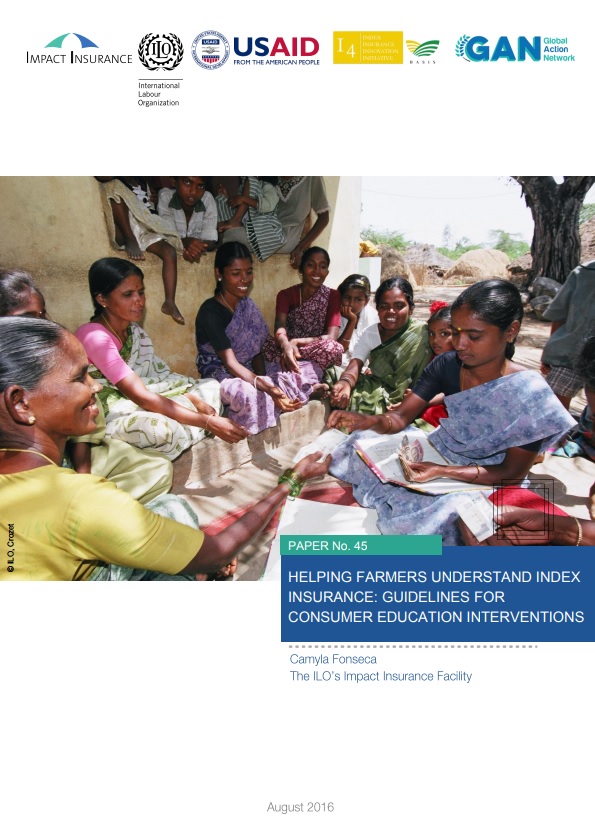
Impact Insurance Working Paper #45: Helping farmers understand index insurance
01 August 2016
Index-based insurance is an innovative financial service that can help smallholder farmers manage some of the risks related to weather conditions. Considering the lessons and insights gathered from index insurance and financial education projects, as well as from the field of behavioural economics, the Global Action Network to advance agriculture insurance (GAN), coordinated by the International Labour Organisation’s Impact Insurance Facility and supported by the United States Agency for International Development (USAID), has worked to put together guidelines for index insurance education to support the industry to deal with this task.
-
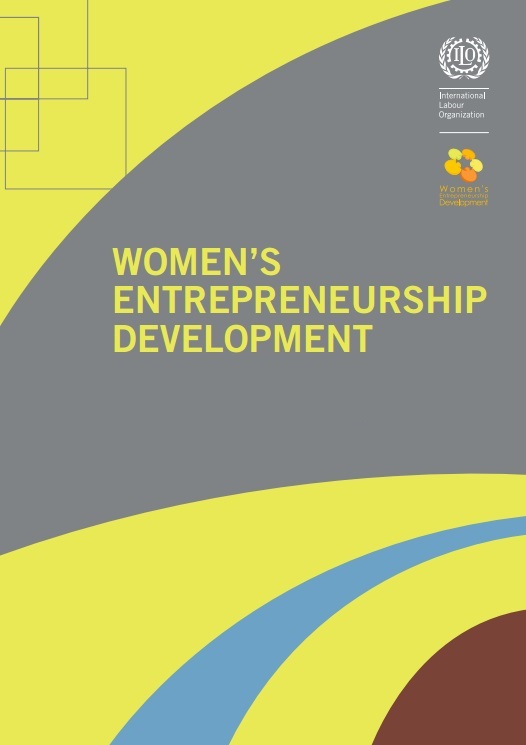
National Women’s Entrepreneurship Development Assessment
27 July 2016
-
National Women’s Entrepreneurship Development Assessment
27 July 2016
